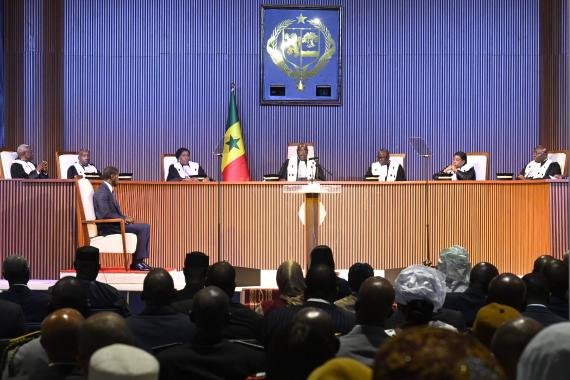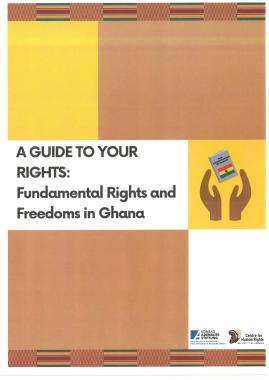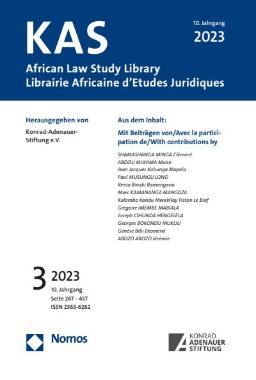Reportages pays
Notes de synthèse sur l’actualité politique du pays
La Fondation Konrad-Adenauer est présente avec son propre bureau dans 70 pays du monde sur les cinq continents. Les collaborateurs locaux peuvent rapporter de première main les événements actuels et les évolutions à long terme dans leur pays d'accueil. Leur « rapports nationaux » présentent en exclusivité aux utilisateurs du site Internet de la Fondation Konrad-Adenauer des analyses, des informations de fond et des évaluations.
Présentations et compte-rendus
La Fondation Konrad-Adenauer, ses instituts, centres de formation et bureaux à l'étranger proposent tous les ans uin grand nombre de manifestations dédiées à des thèmes différents. À l'adresse www.kas.de, nous vous présentons, de manière actuelle et exclusive, des conférences, événements et symposiums. Outre un résumé thématique, vous trouverez ici aussi du matériel supplémentaire tel que des photos, des manuscrits de discours, des vidéos ou des podcasts radio.








